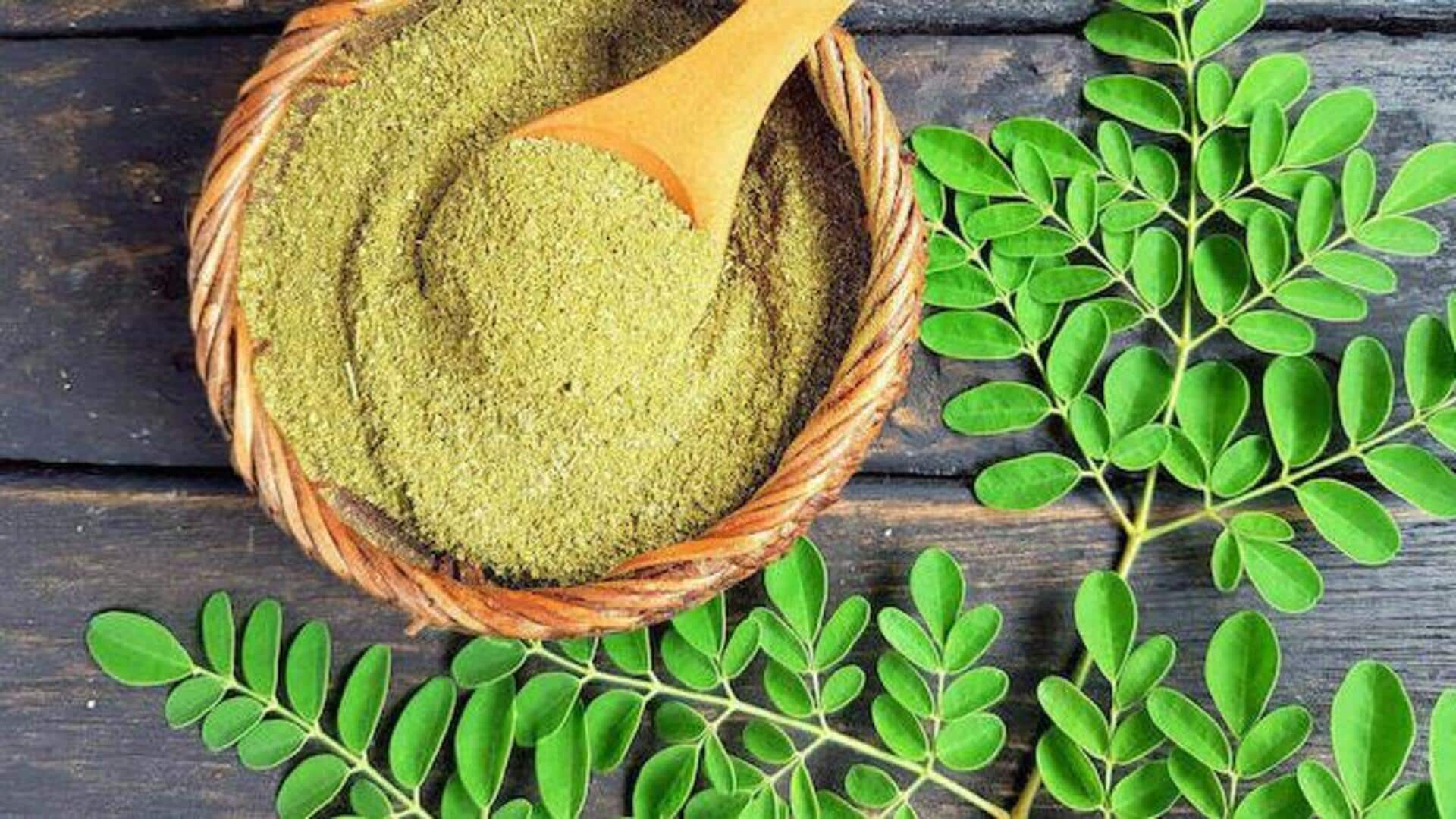
Here's why moringa leaf is the superfood you need
What's the story
Often touted as a superfood, moringa leaves have gained much attention for their incredible nutrition profile. Rich in essential vitamins and minerals, these leaves can benefit your overall health and wellness. Highly versatile, moringa leaves can be added to various dishes or taken as a supplement. In this article, we explore the hidden powers of moringa leaves, their benefits, and their value addition to your diet.
Nutrients
Nutrient-rich composition
Moringa leaves are packed with essential nutrients like vitamin A, vitamin C, calcium, potassium, and iron. They are also packed with antioxidants that fight oxidative stress in the body. The amino acids make them a complete source of protein for vegetarians. With these nutrients put together, moringa leaves aid immunity and promote healthy skin.
Health benefits
Potential health benefits
Eating moringa leaves can provide a number of health benefits, owing to their high nutrient content. The leaves are said to help reduce inflammation across the body and even lower blood sugar levels considerably. Further, some studies suggest that moringa can also be critical in regulating cholesterol by reducing bad cholesterol levels and increasing good cholesterol levels, thus supporting cardiovascular health.
Culinary uses
Versatile culinary uses
Due to their mild flavor, moringa leaves can be used in various culinary applications. You can add it to smoothies or juices for an extra nutrient boost, or use it as a garnish on salads and soups. Dried moringa powder is also available for those who want an easy way to incorporate it into daily meals without altering the taste significantly.
Cultivation practices
Sustainable cultivation practices
Moringa trees are also resilient and can grow in arid conditions with little water. Unlike other crops, such as rice or wheat, that require more resources in the process of cultivation, this makes them an eco-friendly option, particularly in areas suffering from water scarcity problems worldwide today.